As I am sure it is for you, the proliferation of Covid-19 has turned my life upside down. My family is isolating at home, the news is never-ending and perpetually grim, and the future is unclear. It’s a strange and tragic time, but I also see an important opportunity.
Humanity’s response to coronavirus offers a once-in-a-lifetime teachable moment, especially as it relates to the environmental crisis, a blanket term I use to categorize everything from ocean pollution to species extinction to global warming. Now before you jump to conclusions and write me off as an opportunist trying to relate their seemingly unrelated cause to this global pandemic, hear me out. I feel this lesson is too important not to discuss.
As I am sure it is for you, the proliferation of Covid-19 has turned my life upside down. My family is isolating at home, the news is never-ending and perpetually grim, and the future is unclear. It’s a strange and tragic time, but I also see an important opportunity.
Humanity’s response to coronavirus offers a once-in-a-lifetime teachable moment, especially as it relates to the environmental crisis, a blanket term I use to categorize everything from ocean pollution to species extinction to global warming. Now before you jump to conclusions and write me off as an opportunist trying to relate their seemingly unrelated cause to this global pandemic, hear me out. I feel this lesson is too important not to discuss.
Enjoying a much different kind of isolation in Peru a few years back.
A pandemic and the over-exploitation of our natural resources are very different in many ways, but they are also very similar in simple ways. In both scenarios, a community of science experts passes along warnings and recommendations to the general public.If the recommendations are followed, the experts hypothesize that negative outcomes and suffering will be reduced. If ignored, they will be maximized.
Here in Florida and the United States in general, it has been disheartening to see how many people have not taken warnings about the coronavirus seriously. Such illogical behavior makes me wonder why? Do people simply not understand? Maybe they understand but just don’t care? Perhaps, in the face of overwhelming stress, they use denial subconsciously as a coping mechanism? These are all valid ideas and in some cases, they are likely true. But overall, in the broadest sense, I think there is something else going on.
I call it the Apathy Trap, and for those not familiar, apathy is defined as “lack of interest, enthusiasm, or concern.” It is pervasive in the world of environmental conservation and is rearing its ugly head during this pandemic. Here’s how it works. When faced with a large scale problem, people often rationalize that their individual contributions are statistically irrelevant.
Why should you recycle when only 9% of plastic globally has been?
Why should you curb your emissions when China is polluting even more?
Why should you vote when it won’t make a difference?
Why should you practice social distancing when you are just one person and it doesn’t really matter?
When it comes to big problems that affect large populations, you are just one of nearly 8 billion people on this planet. You feel insignificant. You rationalize that the world will keep on spinning with or without you, so you might as well do whatever the hell you want, right?
You have fallen into the Apathy Trap, and it’s a dangerous place to be.
A pandemic and the over-exploitation of our natural resources are very different in many ways, but they are also very similar in simple ways. In both scenarios, a community of science experts passes along warnings and recommendations to the general public.If the recommendations are followed, the experts hypothesize that negative outcomes and suffering will be reduced. If ignored, they will be maximized.
Here in Florida and the United States in general, it has been disheartening to see how many people have not taken warnings about the coronavirus seriously. Such illogical behavior makes me wonder why? Do people simply not understand? Maybe they understand but just don’t care? Perhaps, in the face of overwhelming stress, they use denial subconsciously as a coping mechanism? These are all valid ideas and in some cases, they are likely true. But overall, in the broadest sense, I think there is something else going on.
I call it the Apathy Trap, and for those not familiar, apathy is defined as “lack of interest, enthusiasm, or concern.” It is pervasive in the world of environmental conservation and is rearing its ugly head during this pandemic. Here’s how it works. When faced with a large scale problem, people often rationalize that their individual contributions are statistically irrelevant.
Why should you recycle when only 9% of plastic globally has been?
Why should you curb your emissions when China is polluting even more?
Why should you vote when it won’t make a difference?
Why should you practice social distancing when you are just one person and it doesn’t really matter?
When it comes to big problems that affect large populations, you are just one of nearly 8 billion people on this planet. You feel insignificant. You rationalize that the world will keep on spinning with or without you, so you might as well do whatever the hell you want, right?
You have fallen into the Apathy Trap, and it’s a dangerous place to be.
It’s easy to convince yourself that in the big picture, you don’t matter. But this is simply not true. Reflecting in solitude somewhere in Vermont.
But the Apathy Trap is fundamentally wrong and the coronavirus is quickly teaching us why.
While it is technically true that one person’s decisions and behavior do not significantly impact the outcome of a large population, the aggregate of individual behavior certainly does. I call this the Aggregate Argument, and those that employ it against people stuck in the Apathy Trap usually say something like “What would happen if everybody thought like you….” It applies to greenhouse gas emissions, littering, voting, and today, social distancing.
The problem is, it doesn’t really seem to help people climb out of the Apathy Trap. Here’s why: the Aggregate Argument is just that, a summation of the entire system. We all know there will be variability within the population, and as irrational as it is, many wistfully believe that the best possible outcome will come fatefully their way. Say for example, you live in a state with very few coronavirus cases and are asked to stay home. You watch the news and appreciate that in general, going out and socializing is a bad idea, but you also rationalize with yourself that such a recommendation only really applies to places where the virus is widespread.
So you go out.
Now, imagine you live in New York City where the virus is now widespread. You certainly don’t go out, and you can’t imagine why people in other parts of the country aren’t taking it more seriously?
The same line of thinking applies to the environmental crisis. Consider global warming. If you live in a landlocked state where things feel just as they always have, you might not understand what all the fuss is about. But if you live in Miami where streets now flood during high tides because of sea level rise, your perspective is probably much different.
In other words, people stuck in the Apathy Trap tend to ignore the Aggregate Argument until the problem is on their doorstep, but at that point it’s too late.
But the Apathy Trap is fundamentally wrong and the coronavirus is quickly teaching us why.
While it is technically true that one person’s decisions and behavior do not significantly impact the outcome of a large population, the aggregate of individual behavior certainly does. I call this the Aggregate Argument, and those that employ it against people stuck in the Apathy Trap usually say something like “What would happen if everybody thought like you….” It applies to greenhouse gas emissions, littering, voting, and today, social distancing.
The problem is, it doesn’t really seem to help people climb out of the Apathy Trap. Here’s why: the Aggregate Argument is just that, a summation of the entire system. We all know there will be variability within the population, and as irrational as it is, many wistfully believe that the best possible outcome will come fatefully their way. Say for example, you live in a state with very few coronavirus cases and are asked to stay home. You watch the news and appreciate that in general, going out and socializing is a bad idea, but you also rationalize with yourself that such a recommendation only really applies to places where the virus is widespread.
So you go out.
Now, imagine you live in New York City where the virus is now widespread. You certainly don’t go out, and you can’t imagine why people in other parts of the country aren’t taking it more seriously?
The same line of thinking applies to the environmental crisis. Consider global warming. If you live in a landlocked state where things feel just as they always have, you might not understand what all the fuss is about. But if you live in Miami where streets now flood during high tides because of sea level rise, your perspective is probably much different.
In other words, people stuck in the Apathy Trap tend to ignore the Aggregate Argument until the problem is on their doorstep, but at that point it’s too late.
The age old advice “hope for the best, plan for the worst” is very wise, yet many seem to “hope for the best and plan for the best” until it is too late. A mangrove adapting to rising seas in Miami.
Today (3/25/2020), the rate of coronavirus cases is growing faster in the United States than anywhere else in the world, even though we knew it was coming. Not only were we warned with theoretical knowledge, we had literal examples to observe as the virus spread aggressively in Europe before taking hold here.
But we didn’t do what we needed to, individuals were unable to grasp how their actions contributed to the whole, and it is very likely that we will pay heavily for that mistake.
As we’re all stuck in isolation, watching the number of cases and fatalities soar, I hope that you come to realize one fundamental truth, that individual people can make the world a better place. Your decisions, your behavior, your very existence matters very much to the aggregate whole and the global outcome.
You have an important role to play in this world.
Today (3/25/2020), the rate of coronavirus cases is growing faster in the United States than anywhere else in the world, even though we knew it was coming. Not only were we warned with theoretical knowledge, we had literal examples to observe as the virus spread aggressively in Europe before taking hold here.
But we didn’t do what we needed to, individuals were unable to grasp how their actions contributed to the whole, and it is very likely that we will pay heavily for that mistake.
As we’re all stuck in isolation, watching the number of cases and fatalities soar, I hope that you come to realize one fundamental truth, that individual people can make the world a better place. Your decisions, your behavior, your very existence matters very much to the aggregate whole and the global outcome.
You have an important role to play in this world.
Whether combating coronavirus or the environmental crisis, the individual matters now more than ever.
After the dust settles and life gets back to normal, it will be very easy for us to forget what we’re feeling today and continue on with business as usual. But another wave is coming and we need to prepare. The environmental crisis is a much slower moving beast than Covid-19, but the underlying dynamics are similar. Like the medical community tried to warn us over the last few months, climatologists, biologists, physicists, ecologists, geologists etc. have been telling us something bad is looming on the horizon.
If coronavirus can teach us one thing, it’s that we must listen to science, embrace personal responsibility of large scale problems, and avoid the Apathy Trap. Just as your own actions towards social distancing today make a difference in protecting all people for the next few weeks and months, your actions to care for the environment throughout your lifetime will protect all people for generations to come.
After the dust settles and life gets back to normal, it will be very easy for us to forget what we’re feeling today and continue on with business as usual. But another wave is coming and we need to prepare. The environmental crisis is a much slower moving beast than Covid-19, but the underlying dynamics are similar. Like the medical community tried to warn us over the last few months, climatologists, biologists, physicists, ecologists, geologists etc. have been telling us something bad is looming on the horizon.
If coronavirus can teach us one thing, it’s that we must listen to science, embrace personal responsibility of large scale problems, and avoid the Apathy Trap. Just as your own actions towards social distancing today make a difference in protecting all people for the next few weeks and months, your actions to care for the environment throughout your lifetime will protect all people for generations to come.
Patrick Rynne is the CEO and Founder of Waterlust.
PhD in marine physics and a masters in Ocean Engineering. Hates spreadsheets but is learning to live with them. Avid kiter, sailor, surfer and teller of stories. Frequent wearer of flip flops in socially inappropriate settings.

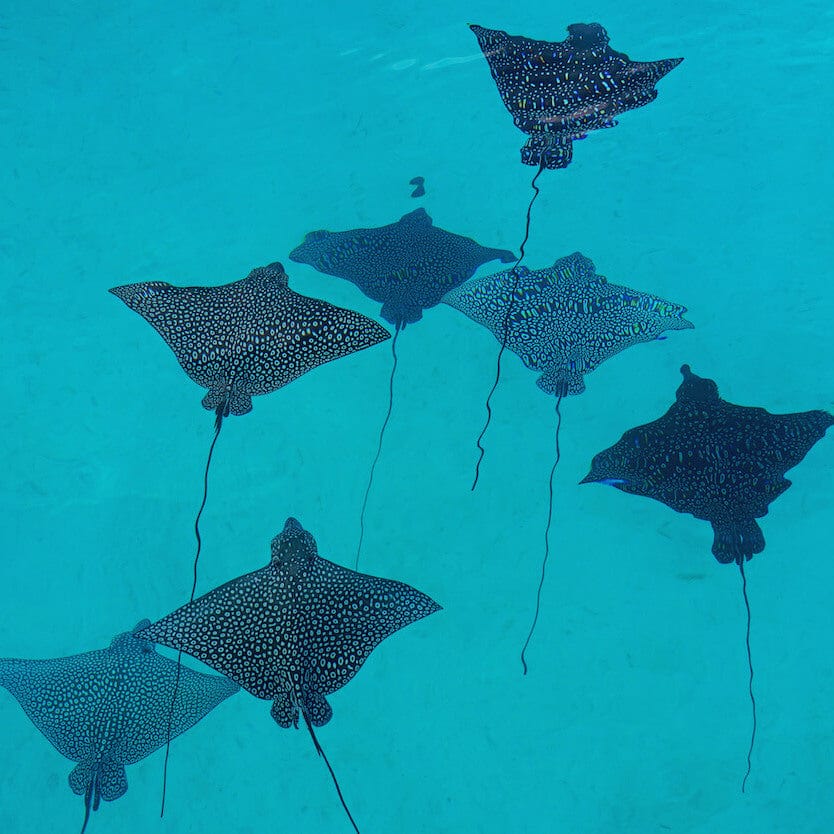
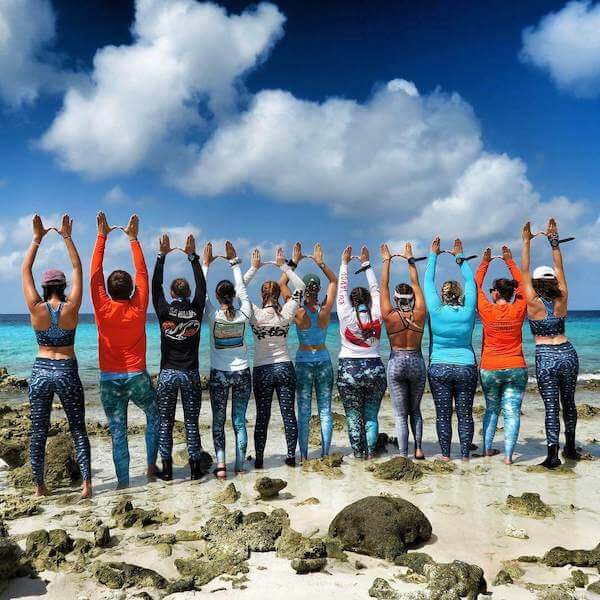
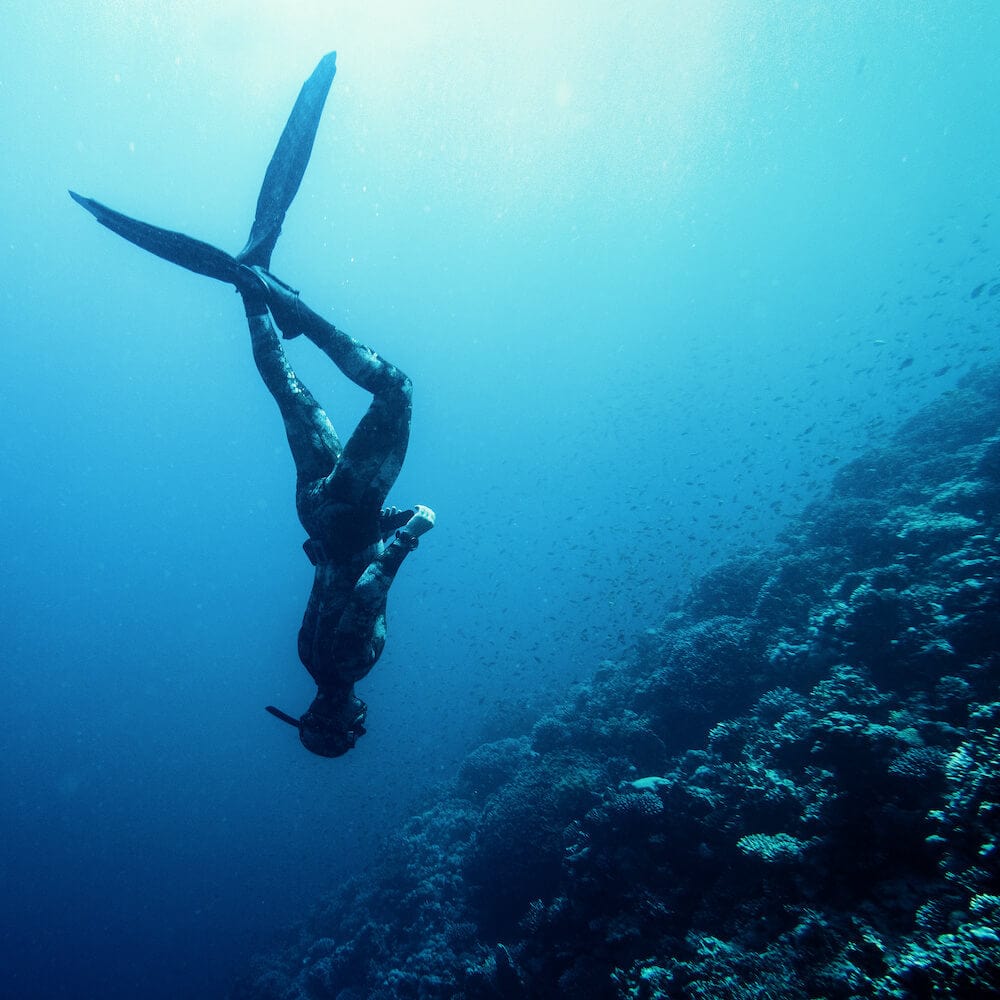

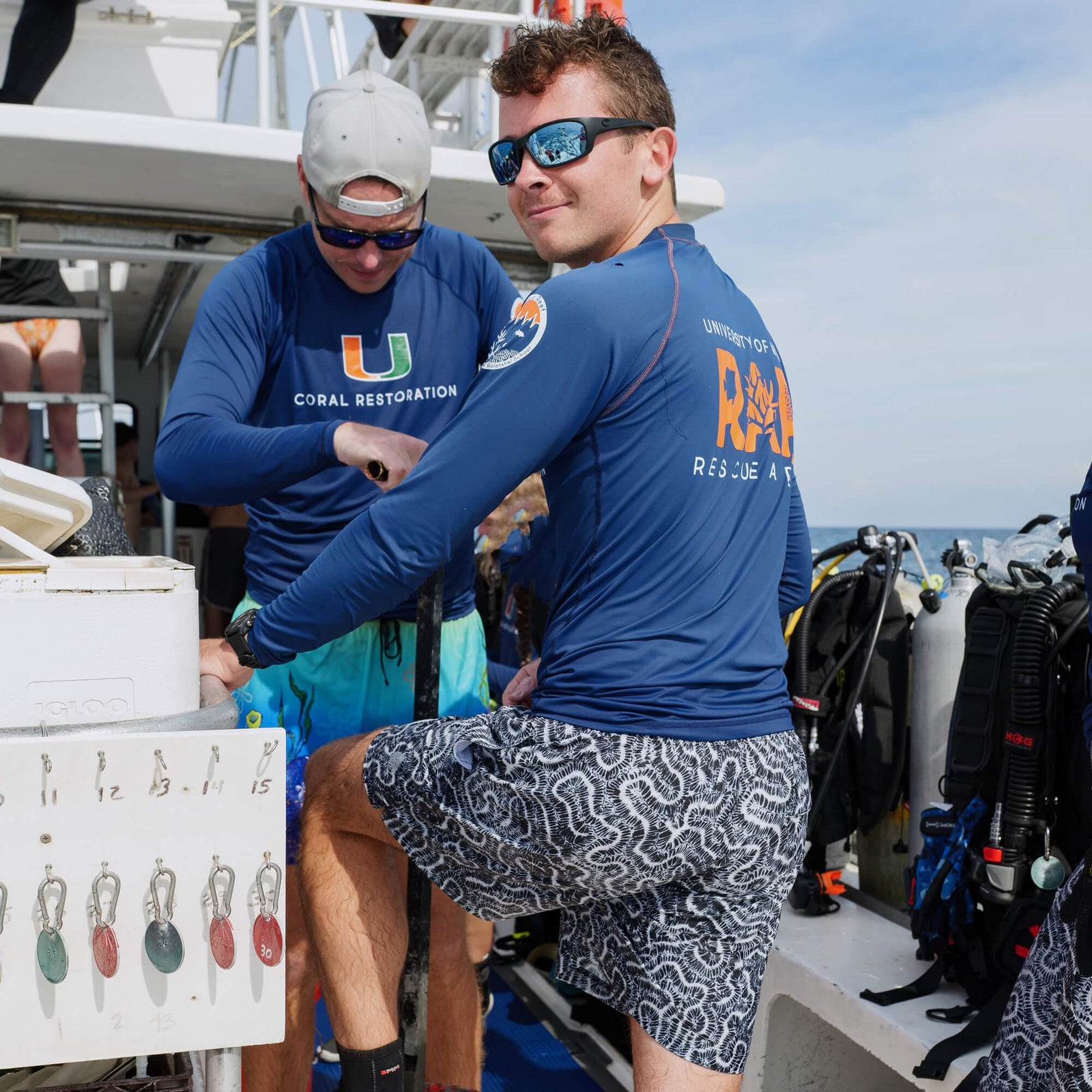
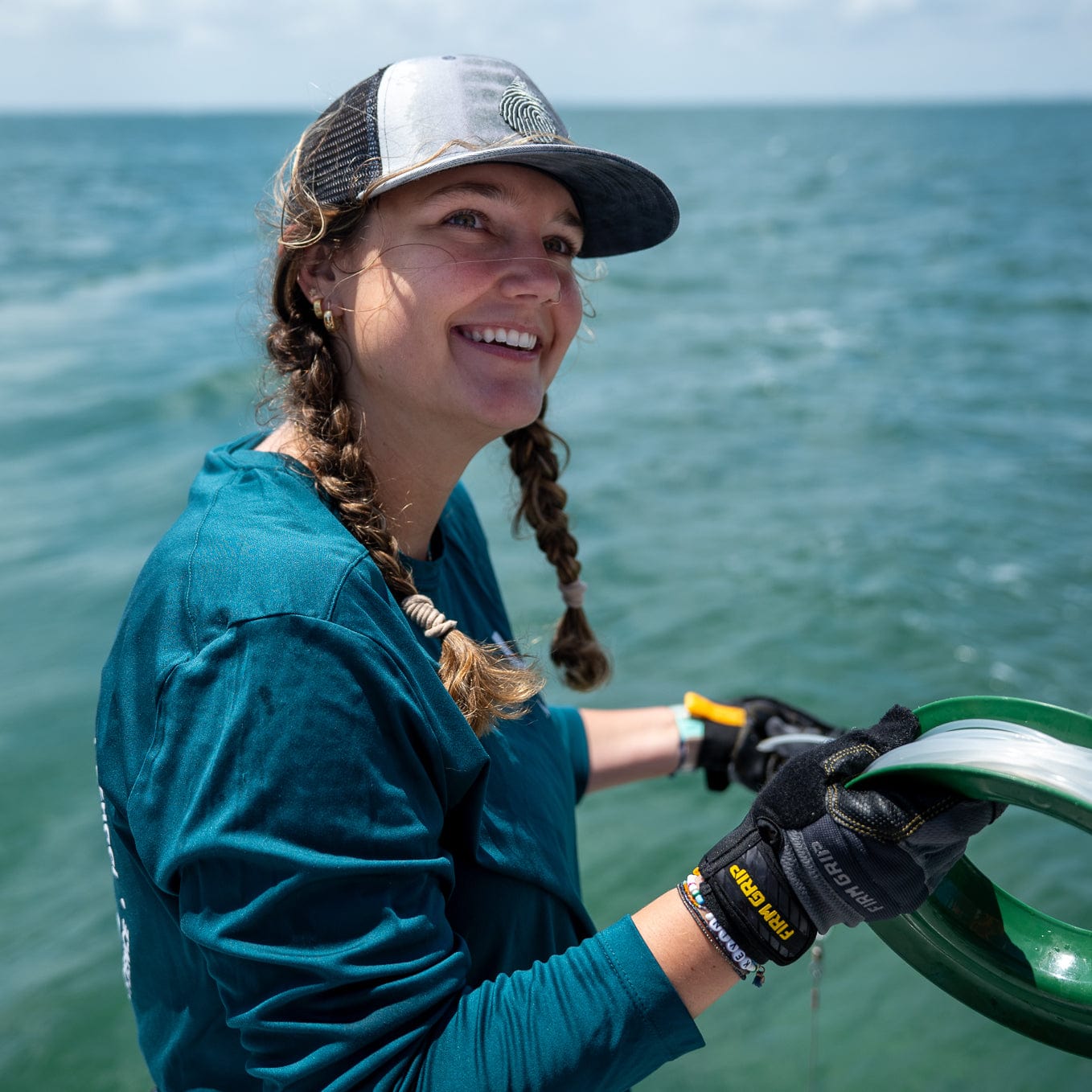








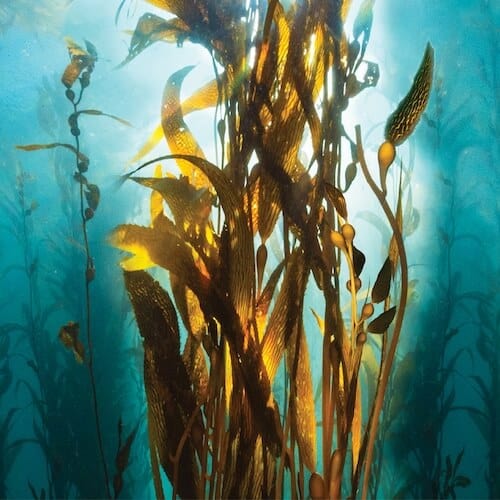
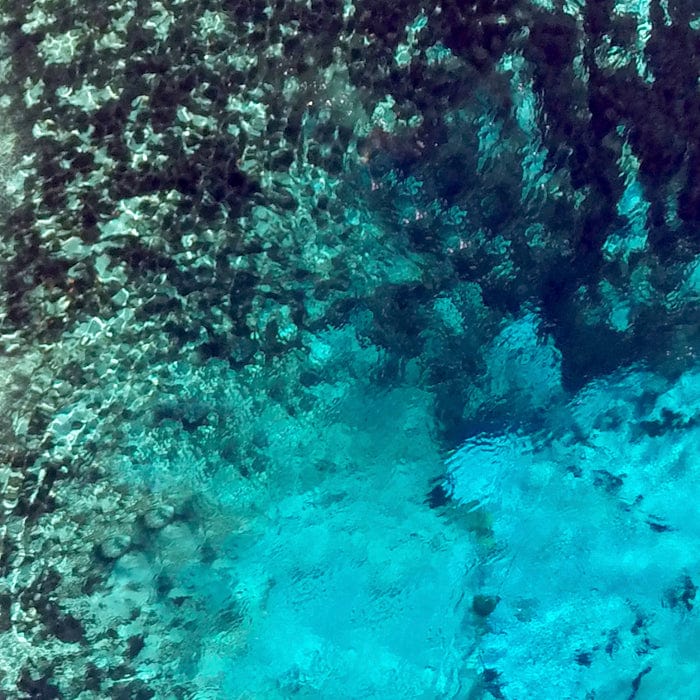
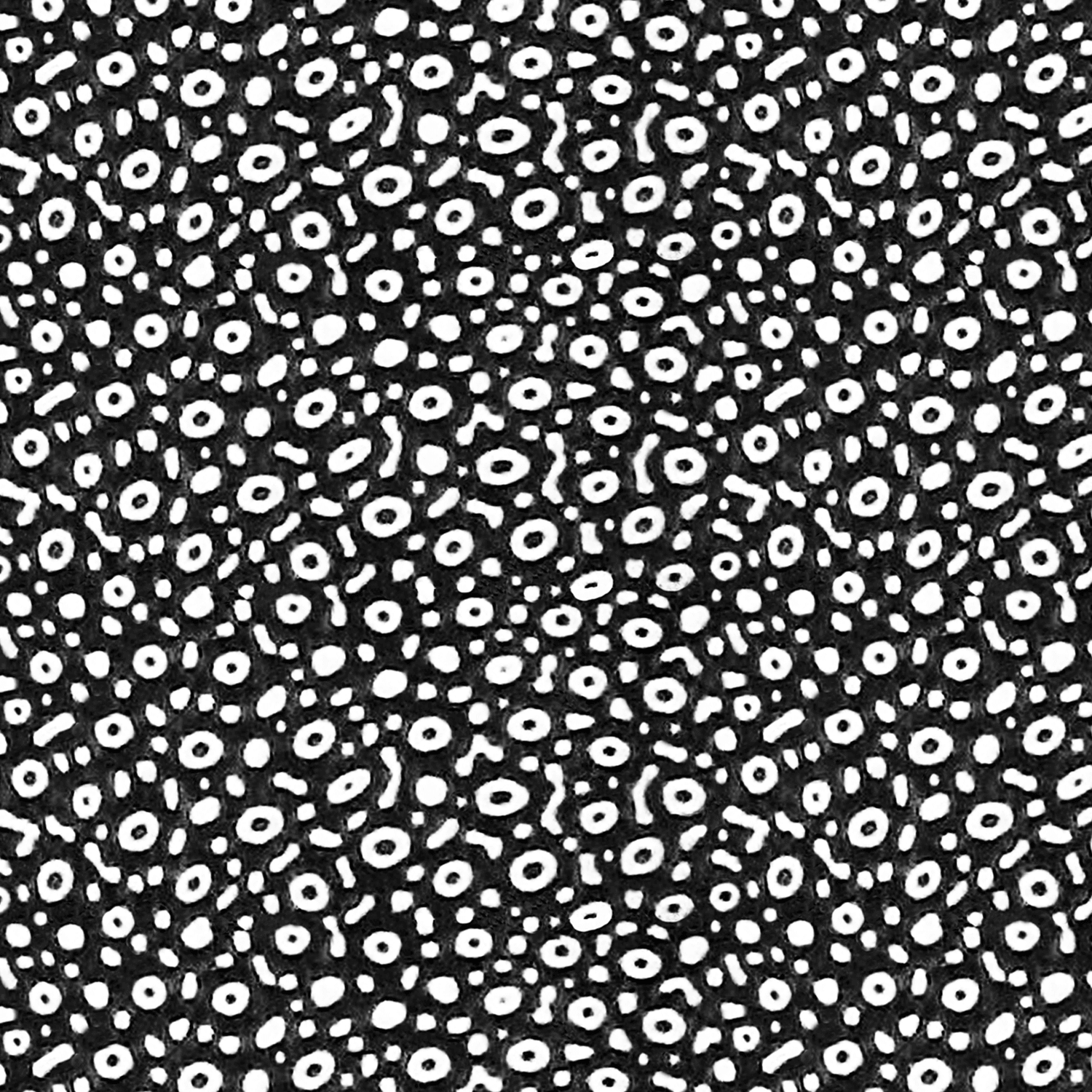




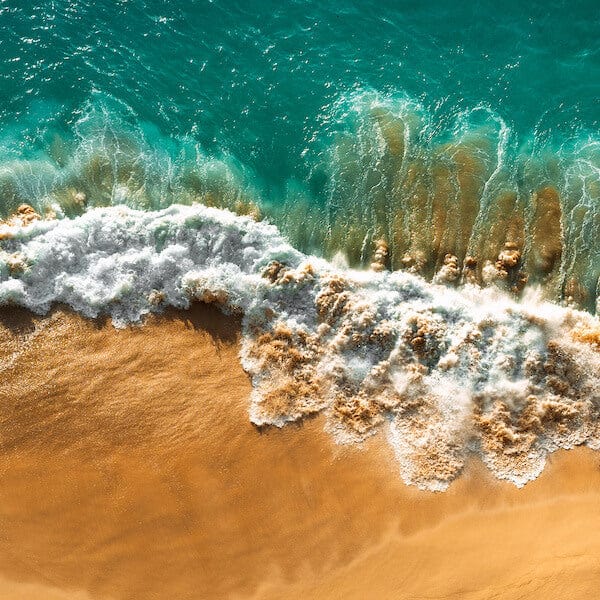

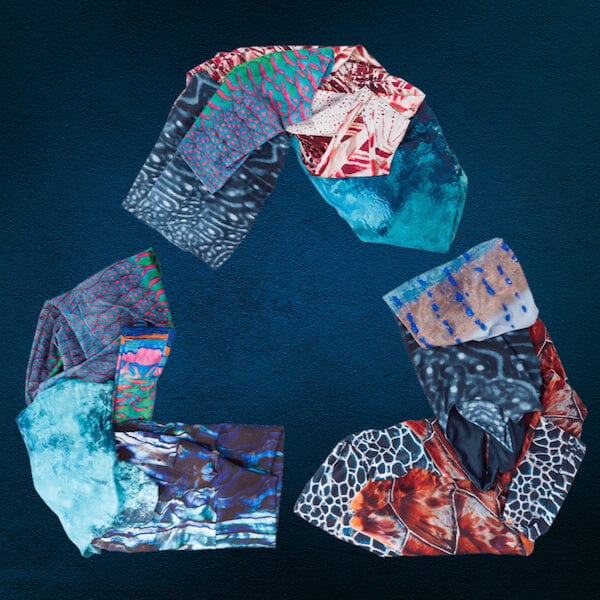
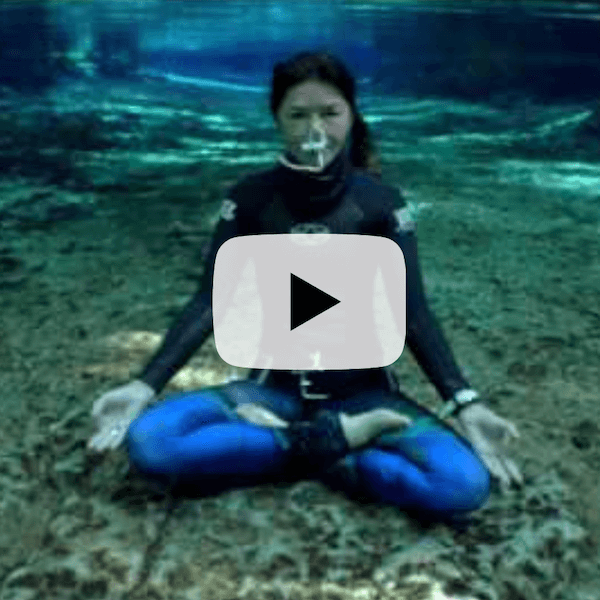
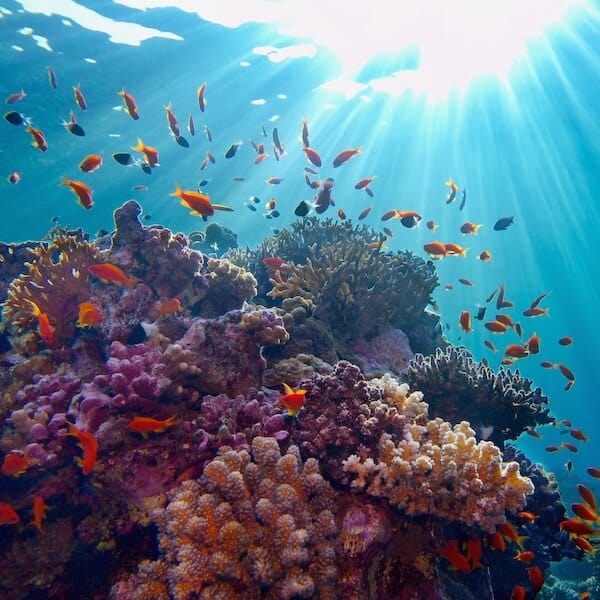
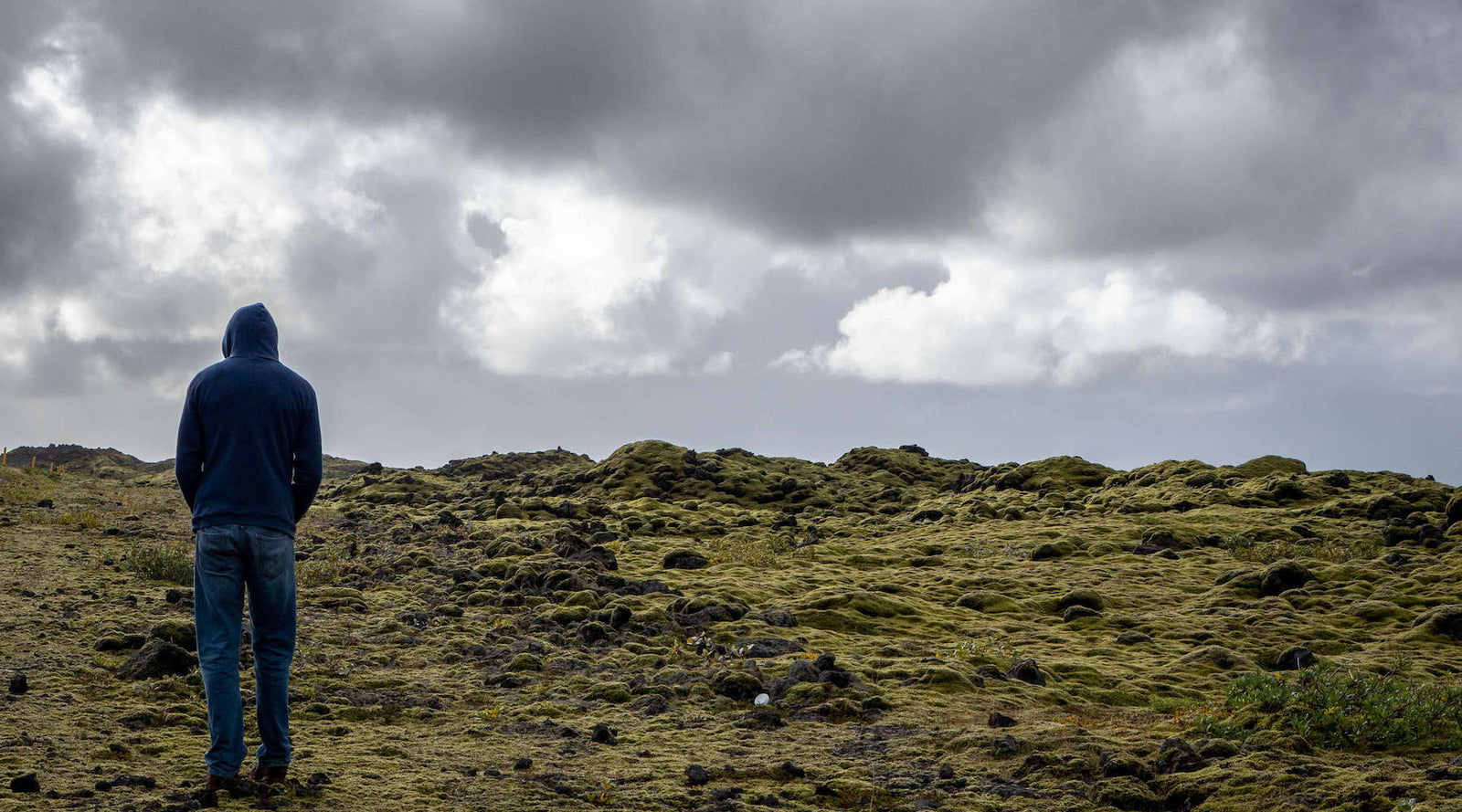


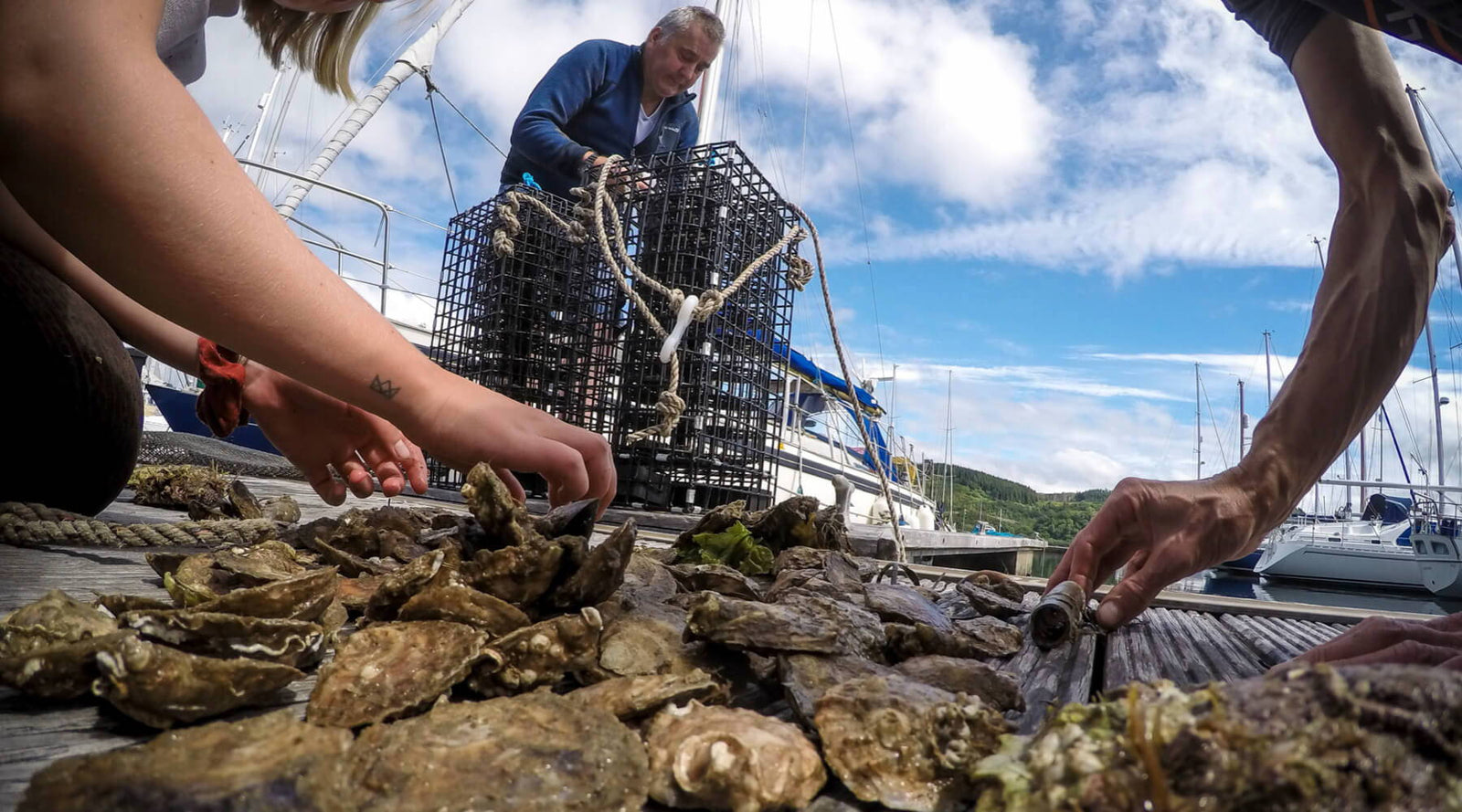
Lara
March 30, 2020
This was a fantastic blogpost, thank you! You’ve helped but words behind what I’ve been feeling!